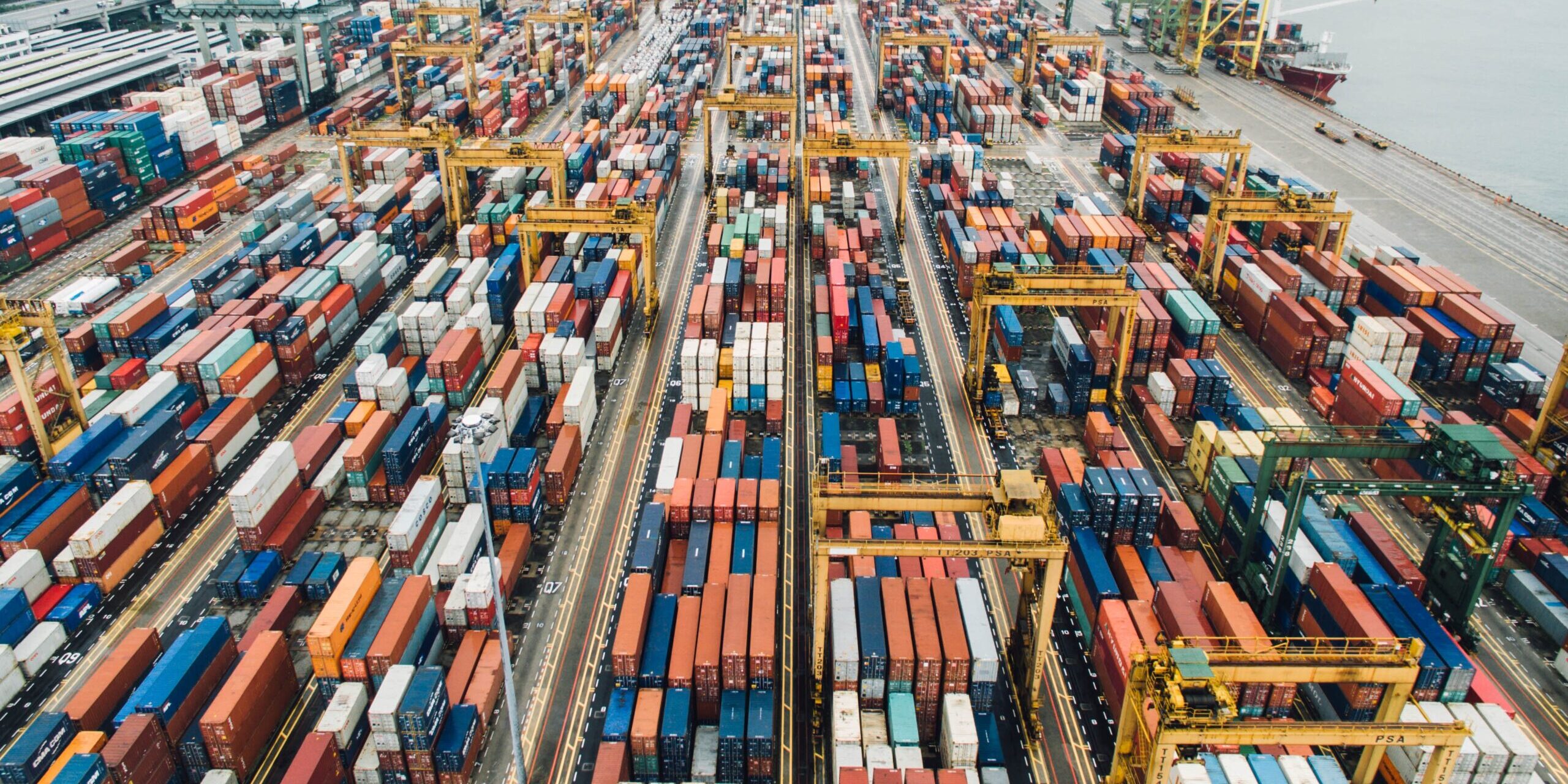In a groundbreaking shift towards sustainable logistics, leading firms are spearheading a transformative era through the strategic integration of artificial intelligence (AI) and automation. McKinsey’s 2019 foresight of a new logistics paradigm, featuring augmented reality goggles for warehouse managers and autonomous vehicles navigating factory aisles, is materializing faster than anticipated.
As we approach the four-year mark since McKinsey’s prediction, the global logistics landscape is witnessing substantial progress. The pivotal question remains: to what extent can AI contribute to the decarbonization of the logistics sector during this crucial decade, where transport-related greenhouse gas emissions account for over 27% of the EU’s carbon footprint?
Deutsche Post DHL Group is at the forefront of this sustainability drive, allocating 2 billion euros until 2025 for digitalization initiatives. Across their worldwide network, the deployment of 5,000 robotic order pickers has increased parcel picking efficiency by an impressive 180%. AI-powered technologies, such as DHL’s OptiCarton software, ensure optimal container filling, reducing unnecessary shipment space by up to 50% and subsequently decreasing truckloads and associated emissions.
Bulgaria-based Transmetrics is also playing a significant role, utilizing AI-based tools to enhance data quality and provide forecasting and optimization services. With a focus on the interconnected nature of logistics, efficiency, and sustainability, Transmetrics aims to address these objectives simultaneously.
Route optimization is a crucial component of this sustainability drive, with companies like Transmetrics helping reduce inefficiencies and emissions. Research from the World Economic Forum reveals that approximately 15% of trucking miles are driven with no load, a statistic that can be mitigated through enhanced route optimization and more efficient vehicles.
Transmetrics claims that their solutions can assist companies in cutting one liter of fuel per 100km, translating into substantial savings when applied to entire fleets. In North America, the advent of driverless delivery trucks, exemplified by California-based Gatik, is gaining momentum, potentially furthering emissions savings. While trucks in Europe are on the road only 29% of the time, the WEF suggests that autonomous trucks could achieve an impressive 78% utilization rate.
The impact of AI is extending beyond land-based logistics to sea-based operations. DeepSea, a Greece-based company founded in 2017, is leveraging AI to increase efficiency and decrease fuel consumption in vessels. By addressing uncertainties in factors influencing fuel consumption, such as speed, routing, and hull cleaning, DeepSea’s tools are now contributing to fuel consumption reductions of about 10% on hundreds of vessels.
Recent legal measures within the shipping industry, including the extension of the EU’s Emissions Trading System to cover CO2 emissions from large ships entering EU ports, indicate a shifting landscape. The Energy Efficiency Existing Ship Index (EEXI) and the Carbon Intensity Indicator (CII) are now legally binding measures, further pushing companies towards AI tools in response to regulations aiming for net-zero greenhouse gas emissions by 2050.
In conclusion, the landscape of international logistics is undergoing a profound transformation, driven by the strategic integration of AI and automation. This evolution not only enhances efficiency but also positions the sector as a pivotal player in the global push towards sustainability. The new logistics paradigm is now unfolding, signaling a future where sustainability is a core principle, and a squint-free view reveals the integration of AI and automation at the forefront of this transformative journey.







